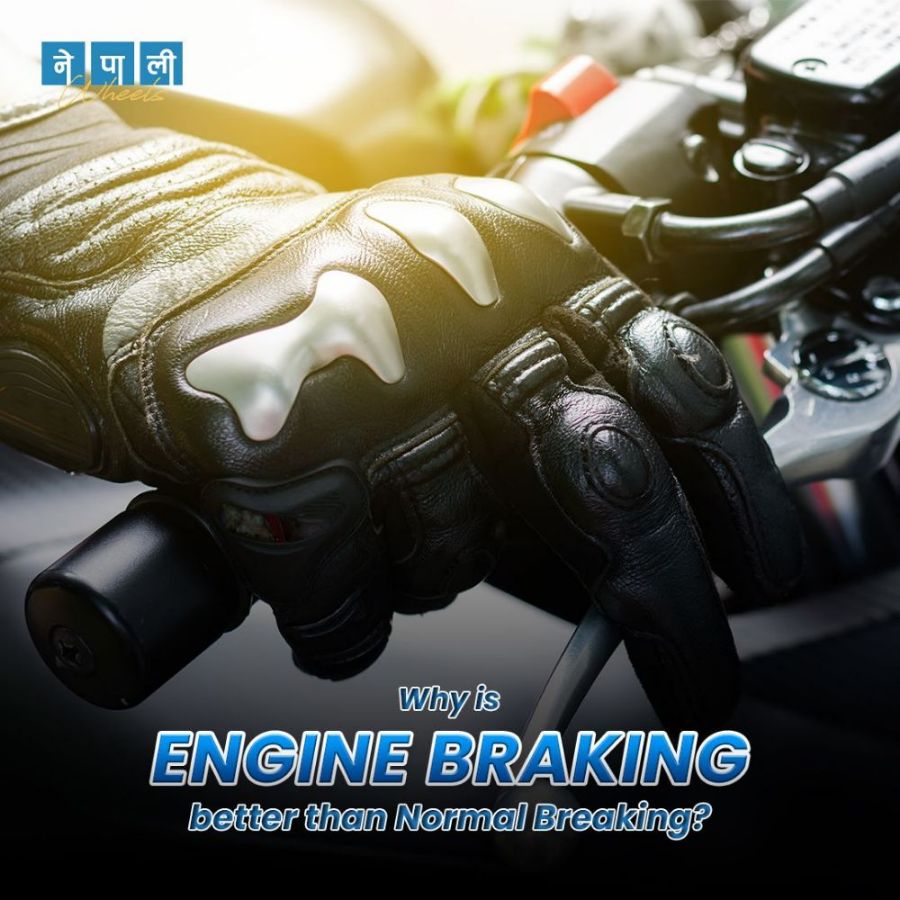Many of us must just be aware of the normal braking techniques that are used on every vehicle that is available in the market. From Combined Braking System and Anti-Lock Braking System to Unified Braking System, we are pretty aware of its functionalities and working. But there is more that is associated with braking; Engine Braking.
How Does Engine Braking Works
Engine Braking literally translates the functionality of a normal braking system into the engine and its functions. Engine Braking is a less used technique to slow the cruising vehicle's speed and bring it to a halt. This braking process is simply slowing down the vehicle by reducing the acceleration and slowly bringing down the gears. The high manifold vacuum created due to low acceleration, causes the engine to drop down the power and slow the wheels of the vehicle.
Benefits of Engine Braking
Engine Braking actually has added benefits to its usage against the normal foot brakes that we use on a daily basis.
Reduces wear and tear of foot brakes
The rigorous and regular usage of foot brakes will be reduced when using the more efficient engine braking techniques which will help reduce the quick wear and tear of the foot brakes. This will lead to lower associated maintenance cost as well.Safer downhill rides
Driving downhill causes excessive friction on the normal foot brakes, due to which the driver may lose control. Thus, Engine Braking will prevent this from happening as it efficiently focuses on slowing the vehicle down.Improvement in fuel efficiency
As one is using the engine braking technique, the engine slowly generates less power. This is directly proportional to the lesser usage of fuel energy to power the engine. Thus, Engine Braking is a more fuel efficient option.


























